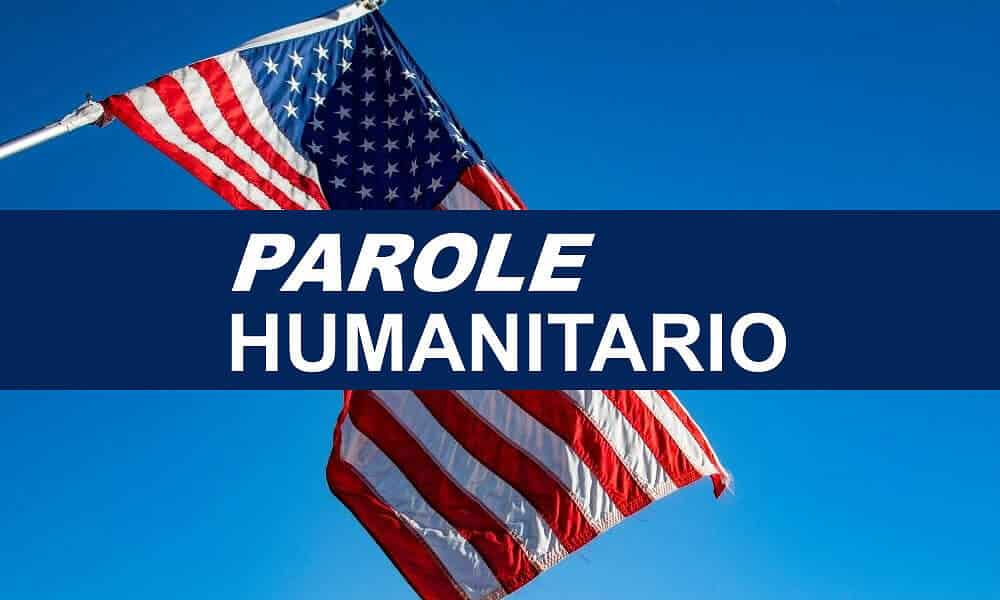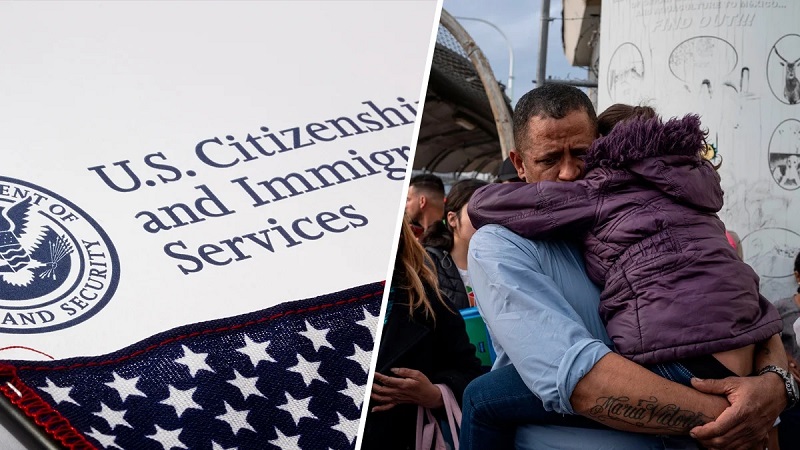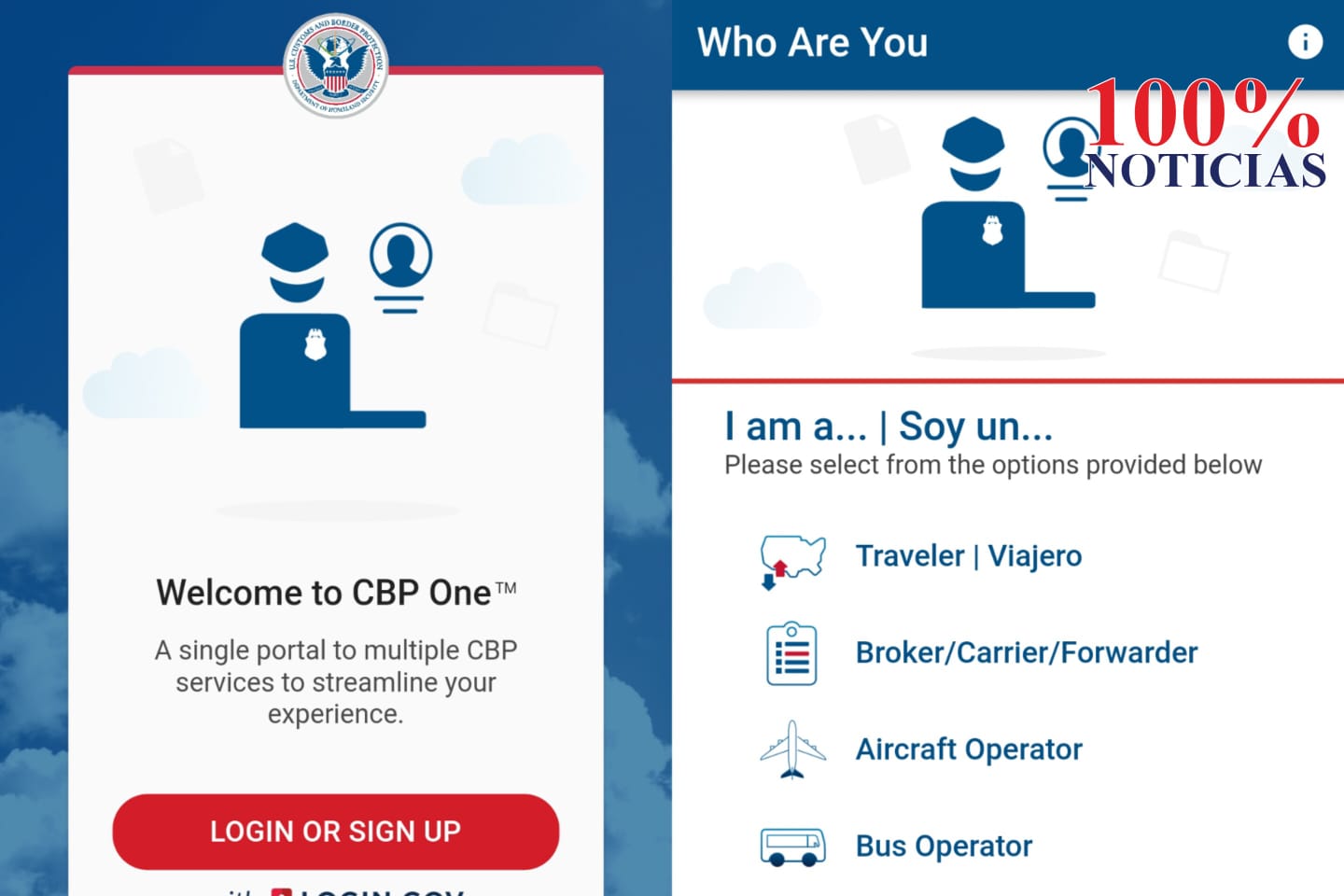Table of Contents
- Parole Humanitario Archives - Mario Pentón
- ᐈ Parole Humanitario Información Actualizada ️ [ 2025 ]
- SERVICIOS Y COMPRAS ONLINE
- Un informe del Congreso de EEUU califica el parole humanitario como 'un ...
- Form 7001 Assistance for Humanitarian Parole: Essential Information for ...
- A cuatro meses del Parole Humanitario, 7,500 nicaragüenses han sido ...
- Un informe del Congreso de EEUU califica el parole humanitario como 'un ...
- Humanitarian parole benefits more than 350,000 migrants, but the crisis ...
- Derecho Internacional Humanitario Lista De Cotejo Par - vrogue.co
- No debes pagar por agilizar tu aplicación de Parole Humanitario ...



Background on Parole Processes for Cubans


![ᐈ Parole Humanitario Información Actualizada ️ [ 2025 ]](https://i.ytimg.com/vi/k1DUz42ZEYE/maxresdefault.jpg)
Reasons Behind the Policy Change



Implications of the Policy Change
The termination of parole processes for Cubans will have significant implications for individuals and families affected by this policy change. Cubans who were previously eligible for parole may now face deportation or removal proceedings. This could lead to family separations, disruption of community ties, and uncertainty about the future. Furthermore, the policy change may also impact the US Department of State's ability to process Cuban refugee claims and provide humanitarian assistance to those in need.
What's Next for Cubans Seeking to Enter the US?
In light of the policy change, Cubans seeking to enter or remain in the United States will need to explore alternative options. These may include applying for humanitarian visas or seeking asylum through the US asylum system. It is essential for individuals to consult with immigration attorneys or accredited representatives to determine the best course of action and ensure compliance with US immigration laws. The termination of parole processes for Cubans marks a significant shift in US immigration policy. While the policy change aims to address concerns about national security and immigration enforcement, it also raises concerns about the humanitarian impact on Cubans seeking protection and relief in the United States. As the US government continues to evolve its immigration policies, it is crucial for individuals and communities affected by these changes to stay informed and seek guidance from qualified immigration experts.For more information on the termination of parole processes for Cubans and its implications, please visit the Federal Register website or consult with a qualified immigration attorney.
Note: The article is written in a neutral tone and provides factual information about the policy change. It is essential to ensure that the content is accurate and up-to-date, and that any opinions or biases are avoided. The article includes relevant links to credible sources, such as the Federal Register and USCIS, to provide additional information and support the content.